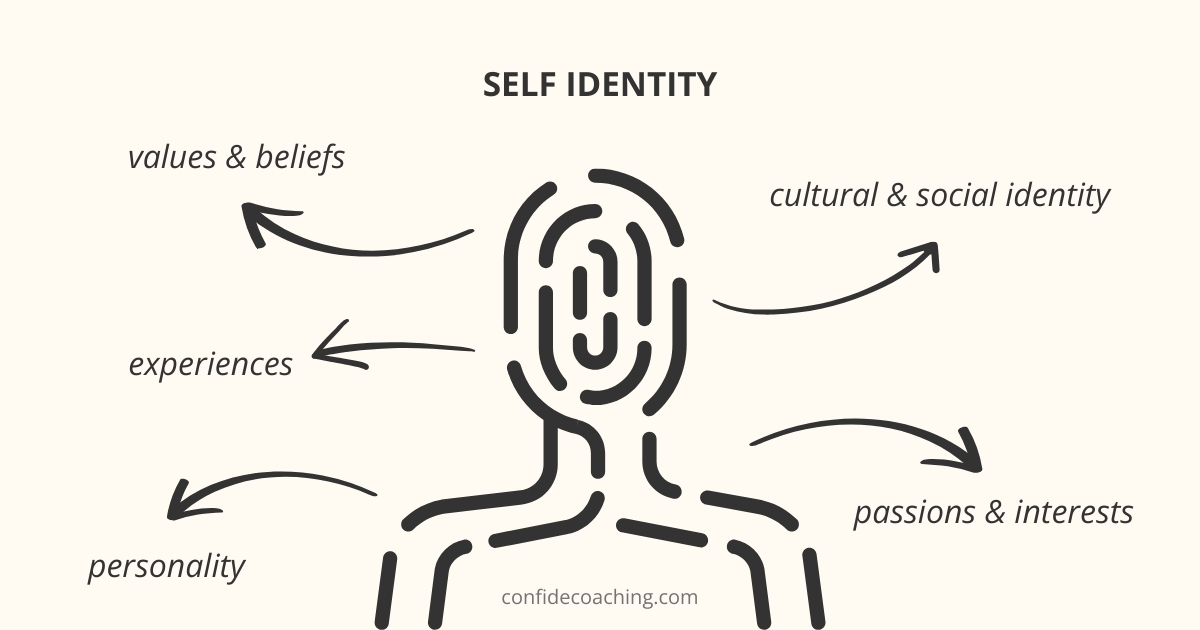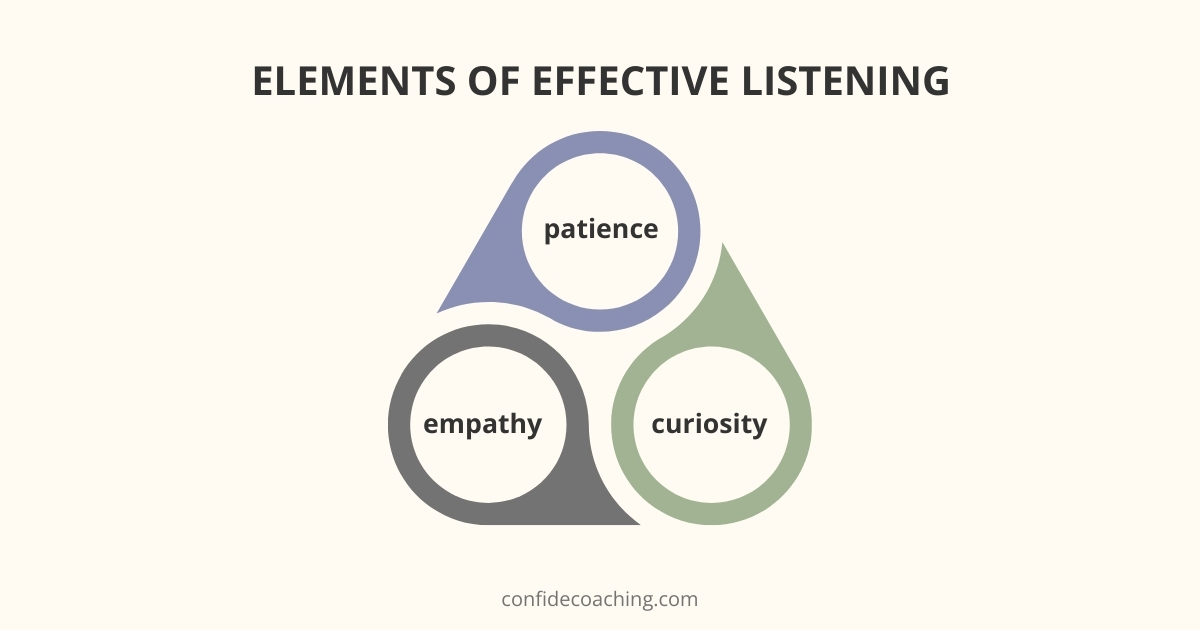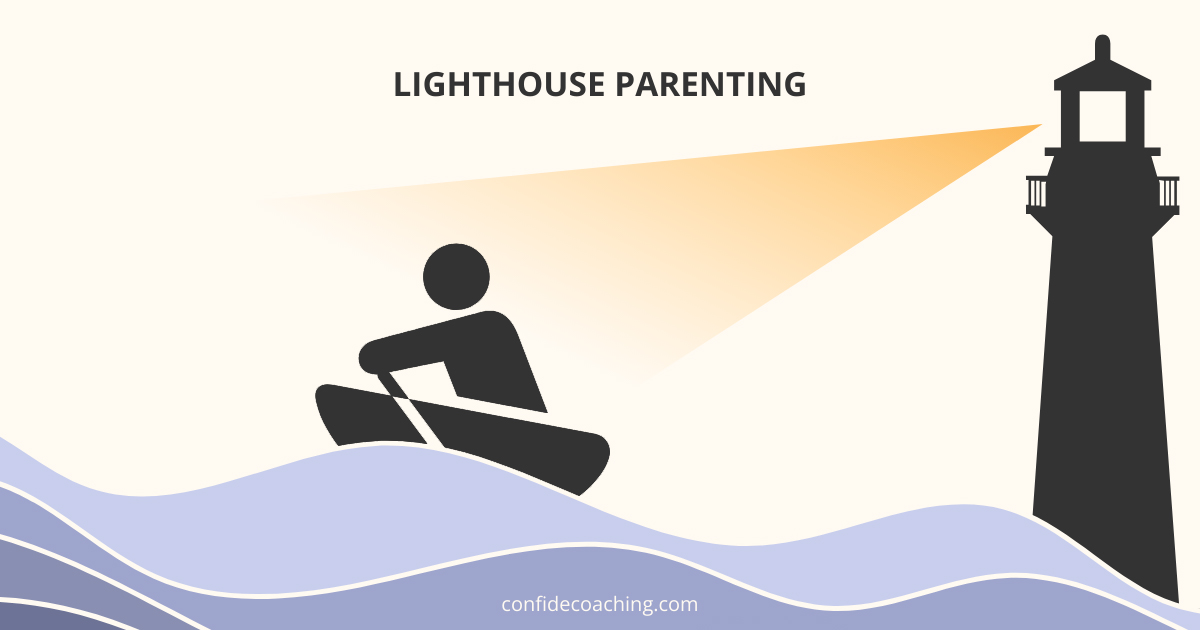
The empty nest is a milestone many parents anticipate, but few feel fully prepared for. After years of pouring your time, energy, and heart into raising your children, watching them step into independence can stir a complex mix of emotions. You might feel pride in their growth, sadness at the quiet house, or even uncertainty about what comes next for you.
But this transitional period isn’t just about what you’re losing—it’s about what you have the chance to gain. It’s an opportunity to redefine your identity, nurture relationships that may have taken a backseat, and create a new chapter filled with purpose and connection.
This article dives into the common challenges of the empty nest stage, particularly in your relationships—with your children, your partner, your friends, and yourself. It also offers practical strategies and life coaching tools to help you navigate this transition with confidence. Whether you’re seeking to reconnect with your spouse, or figuring out how to support your adult children without overstepping, this is your guide to turning the empty nest into a full, thriving life.
Your nest may be empty, but your potential is limitless. Let’s explore how to embrace it.
Loss of Identity: Rediscovering Who You Are Beyond Parenting
For years, your identity may have been deeply intertwined with being a parent. Your days were filled with responsibilities that provided structure, purpose, and validation. But now, with your children stepping into independence, you may find yourself asking, Who am I beyond what I do for others? This question can feel unsettling, even disorienting, as you navigate a new chapter where your role is no longer as clearly defined.
The good news is that this transition, while challenging, also presents an incredible opportunity to rediscover yourself. Midlife offers the perfect moment to reflect on what truly brings you joy and meaning—and to reconnect with passions and values that might have been set aside during the busy parenting years.

Start with Reflection
Begin by looking inward. Ask yourself, What activities or interests used to light me up before parenting became so busy? or What small moments make me feel most alive now? As explored in Finding Direction in the Second Half of Life, this stage allows you to move away from external expectations and reconnect with the things that matter most to you.
Imagine What’s Possible
To help spark inspiration, try the Magic Wand Exercise. Picture yourself having a wand that can create your perfect life—free from any constraints. Ask:
- Where am I living?
- What does my day look like?
- What work, hobbies, or pursuits fill my time?
- How do I feel—physically, emotionally, and spiritually?
This exercise, detailed in Finding Direction in the Second Half of Life, is designed to break through limiting beliefs and guide you toward what excites and fulfills you. For more guidance and examples, the article offers deeper insights into how this process works and how you can apply it to your life.
Experiment and Explore
Once you’ve identified what sparks your curiosity, take small, actionable steps to explore those possibilities. Revisit an old hobby, join a class, or try something entirely new. Prototyping these ideas allows you to test what resonates with your current values without the pressure of full commitment.
A Coaching Question to Guide You
If you could design the next chapter of your life, free from expectations or limits, what would it look like?
This stage of life is an opportunity to redefine who you are—not just as a parent, but as an individual with passions, dreams, and purpose. By reflecting on your values, envisioning new possibilities, and taking small, meaningful steps forward, you can create a life that feels truly authentic and deeply yours. For further inspiration and practical strategies, be sure to explore the insights shared in Finding Direction in the Second Half of Life.
For many couples, the empty nest stage reveals a surprising truth: without the shared focus on parenting, the emotional distance between partners can feel greater than ever. After years of coordinating schedules, managing responsibilities, and prioritizing your children’s needs, it’s easy to lose sight of the relationship that started it all. Now, with fewer distractions, you might feel uncertain about how to reconnect—or even where to begin.
Acknowledging the Relationship and Intimacy Challenges
Feeling Distant
You may feel like you’ve grown apart, functioning more as co-managers of the household than as partners. Over time, the emotional connection may have been overshadowed by daily responsibilities, leaving you unsure of how to reconnect on a deeper level.
Parenting gave you a clear, unifying focus. Without it, the absence of shared goals can leave you feeling disconnected. This shift can make it challenging to find new ways to align your priorities and rediscover a sense of teamwork as a couple.
Unresolved Tensions
Old conflicts that were brushed aside in the busyness of family life may now resurface, creating strain. With more time and fewer distractions, unresolved issues can feel harder to ignore and may require intentional effort to address.
Uncertainty and Fear
You might wonder if you still have enough in common to build a deeper connection or fear that the relationship has changed too much. This uncertainty can lead to hesitation in taking the first steps toward reconnection, even if the desire to rebuild is there.
These feelings are normal, but they don’t have to define this next chapter. As Esther Perel often emphasizes, relationships thrive on curiosity and intention. The worst thing you can do is ignore uncomfortable feelings and avoid addressing the emotional distance, as doing nothing allows disconnection to grow. Instead, approach this stage with openness, asking yourself and your partner, Who are we now, and who do we want to become together? This curiosity can be the spark that leads to renewal and deeper intimacy.
Strategies for Rebuilding Connection
Start with Open Dialogue
Have an honest conversation about how you’re feeling and what you both want from this new phase. Use questions like:
- What do you miss most about us?
- What dreams or goals do you want to pursue together now?
Approach these discussions with curiosity and without judgment, creating a safe space to share your thoughts.

Try activities that spark joy and curiosity. Start a morning walk routine or revisit a shared hobby you once enjoyed, like taking scenic bike rides together. Even better, explore something new that excites you both—whether it’s learning pickleball, taking a dance class, or finally planning that trip you’ve been putting off. Engaging in shared experiences creates fresh memories and strengthens your connection.
Address Lingering Tensions
However, if unresolved issues are causing strain, acknowledge them gently and create a safe space to discuss them. Consider saying, “I think we’ve been avoiding this, but I’d like us to work through it together. I value our relationship and want us to feel more connected.” This approach opens the door to honest communication without assigning blame.
It’s important to remember that avoiding these conversations only allows tension to build, while addressing them can bring resolution and relief. Set aside time to talk when you’re both calm and receptive, and focus on understanding each other’s perspectives rather than being defensive.
If communication feels difficult or emotions run high, couples coaching can provide valuable tools to navigate these conversations constructively. A neutral third party can help you identify patterns, improve communication, and develop strategies to rebuild trust and intimacy.
Create Intentional Moments of Intimacy
Rebuilding emotional closeness starts with prioritizing time for just the two of you. Plan regular date nights where you can connect without distractions, whether it’s a dinner out, a movie at home, or a walk in the park. Simple daily rituals, like sharing a cup of coffee in the morning or chatting about your day before bed, can help you stay emotionally connected in small but meaningful ways.
Physical connection is just as important. Small gestures like holding hands, a warm hug, or sitting close while watching a show can reinforce intimacy and create a sense of comfort and closeness. Don’t underestimate the power of nonverbal communication—touch and proximity can express care and affection in ways words cannot.
Celebrate Small Wins
Reconnection doesn’t have to happen all at once. Celebrate small steps, like a heartfelt conversation or a shared laugh, and use those moments as a foundation to build upon.
A Coaching Question to Explore Together:
What is one small action we can take today to feel closer as a couple?
The empty nest phase is an invitation to rediscover your partner not as a co-parent, but as the person you chose to build a life with. This transition invites you to nurture a relationship that grows not out of necessity, but from the joy of truly choosing each other again.
Letting Go Without Losing Connection: Supporting Adult Children
When your child steps into adulthood, it can feel like you’re walking a tightrope between staying connected and giving them the space they need to grow. As a parent, you may feel anxious about their well-being, especially now that you no longer have daily insight into their life. It’s natural to want to offer guidance, but this stage calls for a new kind of relationship—one built on trust, respect, and open communication.
Respect Boundaries
One of the most loving things you can do as a parent is to honor your child’s independence. Acknowledge that their growth depends on the freedom to make their own choices—even if they occasionally stumble. This doesn’t mean stepping away entirely; it means being present in a way that respects their autonomy. Ask yourself, How can I show my child I trust them to navigate their own life? That trust not only empowers them but also lays the foundation for a healthy, respectful connection.
Maintain Open Communication
The key to staying close without being intrusive is to listen without judgment or unsolicited advice. Invite conversation with gentle, open-ended questions like, What’s been exciting for you lately? This allows them to share on their terms without feeling pressured. Celebrate their milestones and achievements to show you’re still their cheerleader, even from a distance.
Hold Space for Support
Reassure your child that you’re always there for them: I’m here if you need support—no judgment, just love. For a meaningful touch, consider writing a personal letter expressing pride in their accomplishments and trust in their ability to thrive.
A Lighthouse, Not the Ship
Remember, your role has shifted. You’re now the lighthouse, offering guidance and stability, but it’s their ship to steer. By letting go with love and holding space for connection, you can cultivate a relationship that evolves beautifully as they navigate their own path.

Intentional Connections: Rebuilding and Forming Meaningful Friendships
As you navigate the empty nest stage, the desire to reconnect with old friendships or create new ones often emerges. Friendships play a vital role in providing connection, joy, and support during this transitional period. Yet, the path to fostering meaningful relationships can feel uncertain, especially if old ties have faded or starting fresh feels daunting.
The Role of Connection in Longevity
Social connection isn’t just about emotional fulfillment—it’s a critical factor for health and longevity. Studies consistently show that strong relationships contribute to lower stress, reduced risks of chronic illness, and longer lives. For men in particular, this stage can be pivotal. Research reveals a growing trend of male loneliness, with many men experiencing fewer close friendships as they age. Societal expectations of emotional restraint and self-reliance can discourage men from seeking connection, leading to increased isolation.
This isn’t just a male issue; it’s a human one. Everyone benefits from intentional efforts to nurture relationships, which can transform this transitional stage into one of growth, resilience, and vitality.
The Challenges of Rebuilding and Creating Friendships
The empty nest stage can feel like a crossroads for many people when it comes to relationships. You might reflect on old friendships that have faded or realize that connections built around your children’s activities no longer align with your current needs. At the same time, creating new friendships as an adult can feel intimidating. These challenges are real but entirely navigable with a bit of intention and courage.
Reconnecting with Old Friendships
Reaching out to old friends can stir up a mix of emotions. You may worry about being met with awkwardness or rejection, thinking, What if they wonder why I’m reaching out now? Over time, life’s demands and transitions may have led you and your friends down different paths, creating a sense of mismatch in values or priorities.
For some, regret or guilt about letting the relationship fade can make it hard to take the first step, even if the desire to reconnect is strong. And without the routines or shared experiences that once bonded you—like school, work, or raising children—you might feel uncertain about what to talk about now.
Forming New Friendships
Building new relationships can feel equally daunting. Breaking out of your comfort zone to meet new people, especially if you haven’t had to in years, requires vulnerability. You might wonder if others will judge you or worry about seeming too eager.
Time and energy are also concerns. Between work, family, and personal commitments, it’s easy to feel like there’s little room left for nurturing new connections. And with fewer ready-made communities, like school groups or parenting networks, you may feel unsure about where to even start looking for like-minded individuals.
Strategies for Building Intentional Connections
Take the First Step with Old Friends
Think of someone whose friendship you miss and send them a simple, heartfelt message. Something like, “I’ve been thinking about you and would love to catch up” is a genuine way to reopen the door. Focus on shared memories or mutual experiences to create a natural starting point for your conversation.
Embrace Vulnerability
Authenticity is the foundation of meaningful relationships. Be open about why you’re reaching out or why you want to form a connection. Sharing how much someone’s friendship meant to you—or why you’d like to get to know them—can bridge gaps created by time or unfamiliarity.
Pursue activities that align with your passions. Whether it’s joining a book club, attending a fitness class, or volunteering, these spaces naturally bring you together with people who share similar values and interests.
Create Opportunities for Men to Connect
If you’re male, you might benefit from joining a men’s group or a talking circle. These spaces encourage men to share openly and build meaningful connections while addressing the challenges of loneliness and emotional isolation.
Start Small and Stay Consistent
Deep friendships don’t form overnight. Start with simple gestures—a coffee meet-up, a walk, or a quick text to check in. Consistency builds trust and lays the foundation for a deeper connection over time.
A Coaching Question to Explore:
Who in your life could you reach out to today, or where could you go to start building new relationships?
Rebuilding old bonds and forming new ones is more than an emotional need—it’s an investment in your well-being, offering fulfillment, resilience, and even longevity. It is also an opportunity to be intentional and surround yourself with people who uplift, inspire, and align with the person you are becoming. By choosing relationships that foster growth, connection, and mutual support, you create a network that not only enriches your life but also reinforces your sense of purpose and belonging in this new chapter.
Conclusion: A Journey of Connection and Growth
The empty nest stage is not just a time of change—it’s a chance to rediscover yourself and strengthen the relationships that matter most. While this transition may bring challenges, it also offers opportunities for growth and renewed connection.
Embrace this time to explore your identity beyond parenting. Deepen the bonds with your partner, nurture old friendships, and cultivate meaningful new ones. Support your children with trust and respect, offering them the space to grow while remaining a steady presence in their lives.
Every small step—whether reaching out to a friend, starting a new hobby, or having an open conversation—moves you closer to a life of connection and fulfillment.
This is your moment to shape a future that feels right for you, guided by thoughtful choices. Take one small step today to redefine what this chapter means for you—and let it be one filled with possibility.

Paul Strobl, MBA, CPC
Owner of Confide Coaching, LLC
Paul is a Master Life Coach for GenX and GenY executives and business owners. Originally from Houston, Texas, he has been location independent for most of his adult life. He currently resides in the Rhodope Mountains of Bulgaria near the Greek border with his brilliant wife, 14-year-old stepson (officially adopted in 2021!) and a Posavac Hound rescue.
References
Perel, Esther. The State of Affairs: Rethinking Infidelity. Harper, 2017.
WHO Declares Loneliness a ‘Global Public Health Concern.’ The Guardian, November 16, 2023. https://www.theguardian.com/global-development/2023/nov/16/who-declares-loneliness-a-global-public-health-concern
Finding Direction in the Second Half of Life. Confide Coaching Blog. https://confidecoaching.com/finding-direction-in-the-second-half-of-life/

